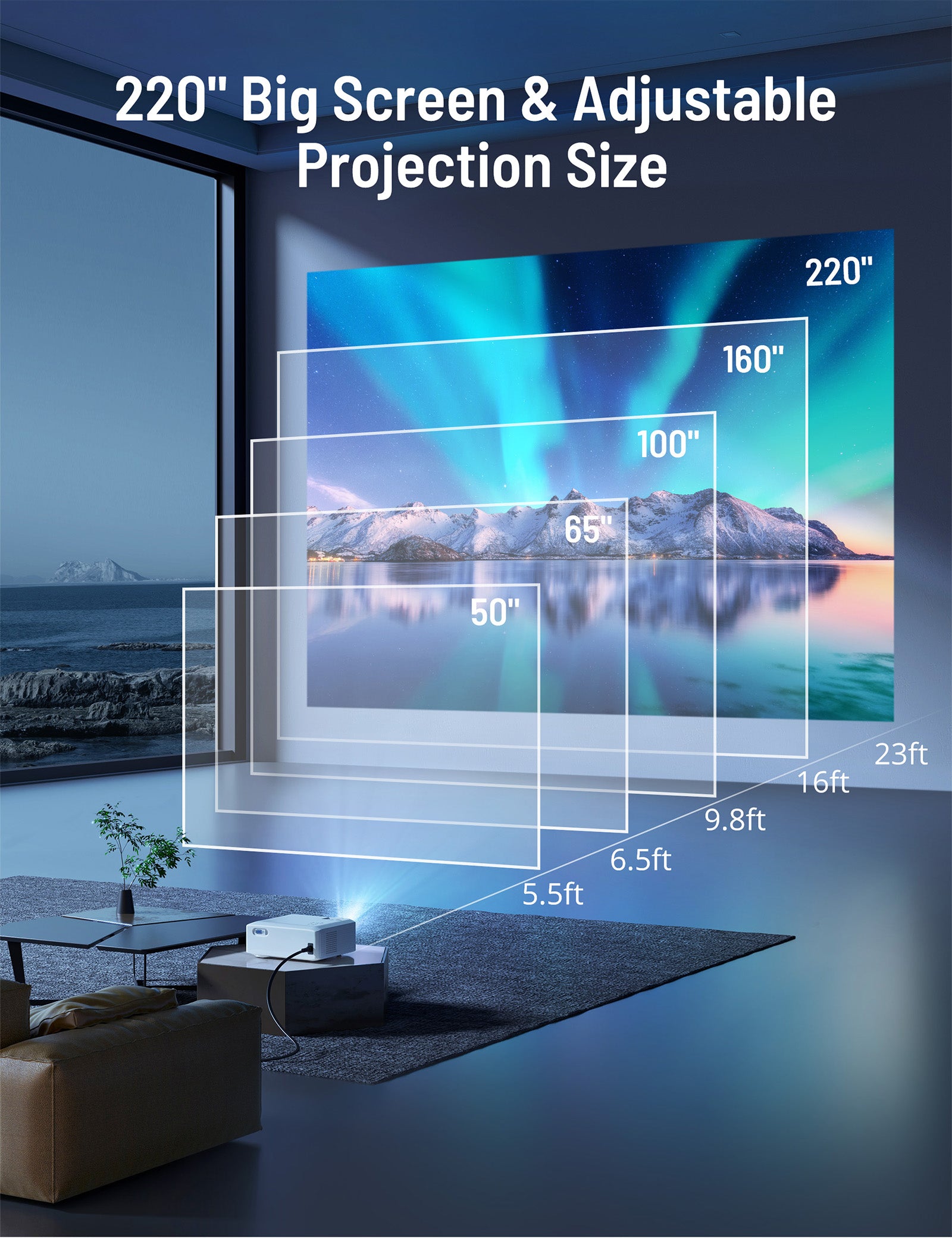Unlocking Creativity: Applications of Mini Projectors in Art and Design
Cuerpo
Mini projectors have revolutionized the way artists and designers approach their work, offering a new level of creativity and versatility. These compact devices have become essential tools for professionals in the art and design industry, providing a wide range of applications that unlock endless possibilities. In this article, we will explore the various ways mini projectors are being used to enhance creativity in art and design.

Enhancing Presentations and Exhibitions
One of the key applications of mini projectors in art and design is their ability to enhance presentations and exhibitions. Artists and designers can use mini projectors to showcase their work in a dynamic and engaging way. By projecting their designs onto walls, floors, or even three-dimensional objects, they can create immersive experiences that captivate their audience.
For example, imagine an artist using a mini projector to project their artwork onto a large canvas during an exhibition. The projected images can be animated, allowing the artwork to come to life and tell a story. This not only adds an element of interactivity but also creates a memorable experience for viewers.
Creating Temporary Installations
Mini projectors are also being used to create temporary installations in art and design. Artists can project images or videos onto various surfaces, such as buildings, sculptures, or landscapes, to transform ordinary spaces into extraordinary works of art. These installations can be temporary, allowing artists to experiment with different ideas and concepts without the need for permanent physical structures.
For instance, a designer may use a mini projector to project a moving image onto a building facade, creating the illusion of a living, breathing structure. This not only adds an element of surprise and wonder but also challenges traditional notions of art and design.
Facilitating Collaborative Work
Mini projectors are also valuable tools for facilitating collaborative work in art and design. Artists and designers can use mini projectors to share their ideas and concepts with others in real-time, allowing for seamless collaboration and feedback. By projecting their work onto a shared surface, multiple individuals can contribute to the creative process simultaneously.
For example, a team of designers working on a new product can use a mini projector to project their sketches and designs onto a whiteboard. This allows everyone to see the ideas clearly and make immediate adjustments or suggestions. The collaborative nature of mini projectors fosters a dynamic and interactive environment, where creativity can flourish.
Inspiring Education and Learning
Mini projectors have also found their way into educational settings, inspiring creativity and learning in art and design. Teachers and students can use mini projectors to explore different artistic techniques, analyze famous artworks, or even create their own multimedia presentations.
For instance, a teacher may use a mini projector to project images of famous paintings onto a classroom wall, allowing students to study the details and discuss the artist's techniques. Students can also use mini projectors to showcase their own artwork, adding a multimedia element to their presentations and enhancing their storytelling abilities.
Overall, mini projectors have become indispensable tools in the art and design industry, unlocking creativity and pushing the boundaries of what is possible. Whether it's enhancing presentations, creating temporary installations, facilitating collaboration, or inspiring education, mini projectors offer a world of opportunities for artists and designers to express their creativity.
Unlock the Potential of Mini Projectors
If you're interested in exploring more about the applications of mini projectors in art and design, check out these credible sources:









Comentarios